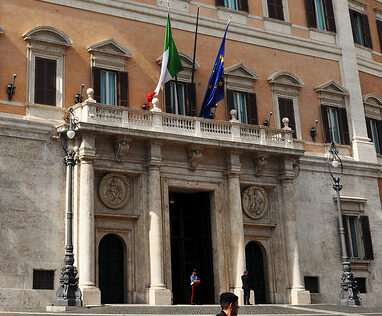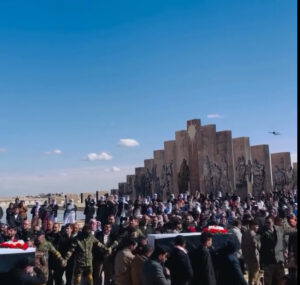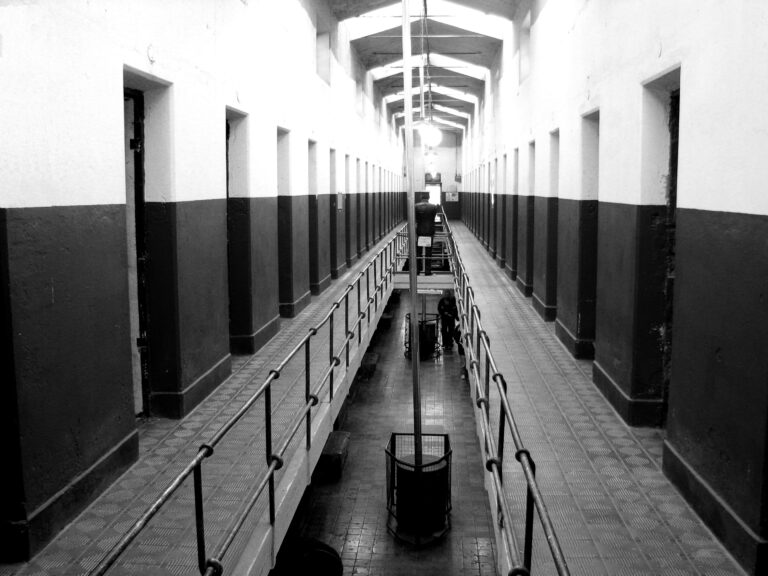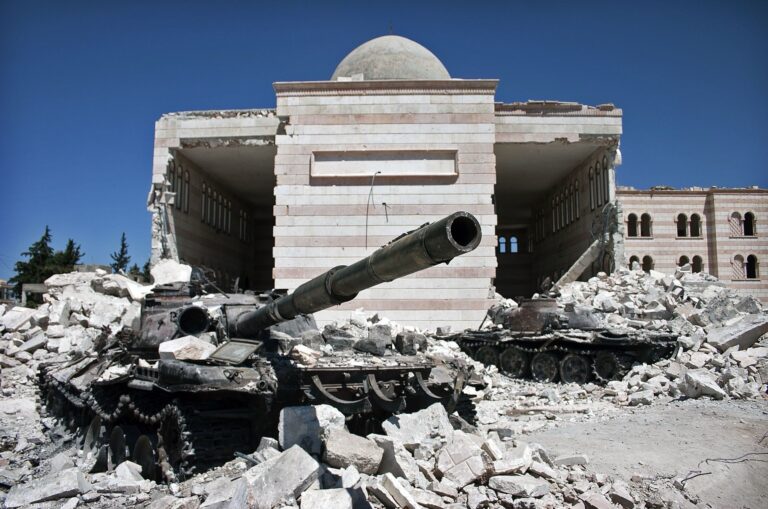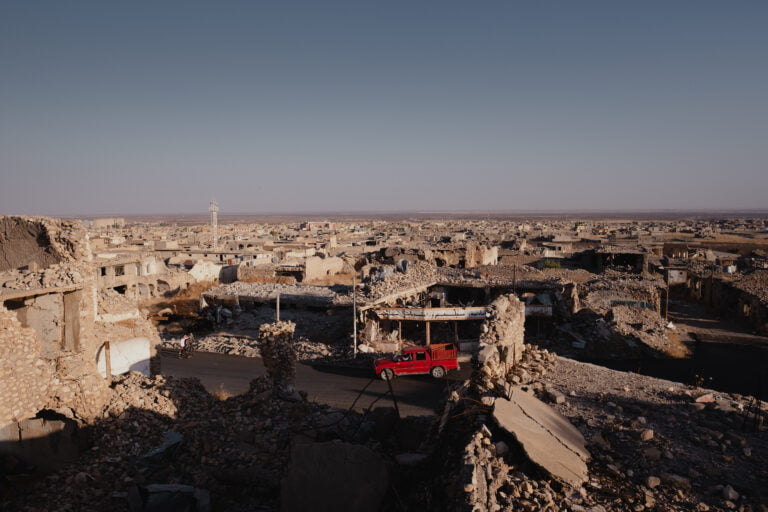A proposal has been introduced in the Italian Parliament calling for the recognition of the genocide committed against the Ezidi people by ISIS in 2014. The move comes after years of international debate and growing calls for justice for the Ezidis, who endured unspeakable atrocities at the hands of ISIS during their brutal assault on Shengal (Sinjar), Iraq.
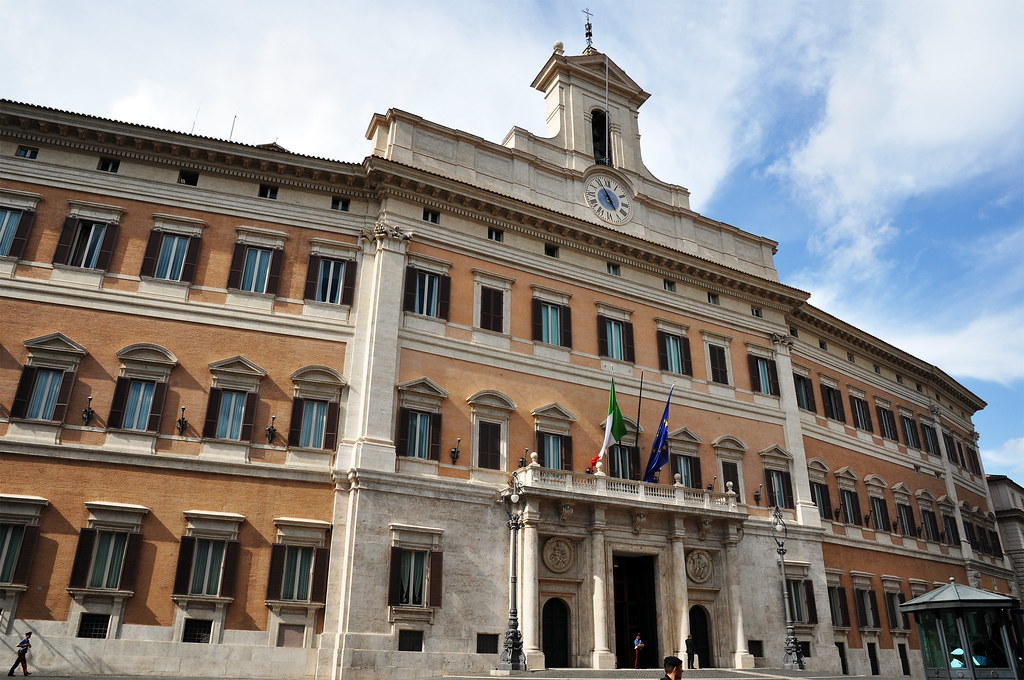
The proposal, spearheaded by Laura Boldrini, a member of the Democratic Party, urges the Italian government to formally acknowledge the events as genocide. Boldrini presented her case in a parliamentary session on February 21, 2025, emphasizing the importance of recognizing these crimes under international law. She underscored the urgency of the issue, pointing out that numerous countries, including Germany, the United States, the United Kingdom, France, and Canada, have already reconised the violence against the Ezidis as genocide. She argued that Italy, too, must take a firm stance on the matter.
In her remarks, Boldrini highlighted the specific atrocities committed during ISIS’s 2014 assault on Shengal, which led to the deaths of over 5,000 Ezidis and the abduction of more than 6,000 women and children. She also stressed that even today, many Ezidis remain displaced and continue to face ongoing violence and persecution.
Boldrini went on to remind Parliament that the Ezidis were left defenseless during the genocide, with Iraqi forces and Kurdish Peshmerga units retreating despite having superior numbers. This abandonment left the Ezidis to fight back against ISIS with limited resources, leading to a desperate but determined resistance.
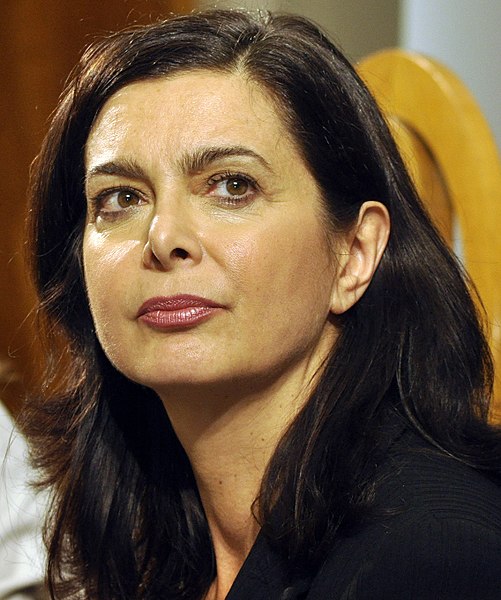
The Italian politician also referenced past resolutions, including one from the Foreign Affairs Committee in 2019, which had called for the international recognition of the Ezidi genocide. However, despite these efforts, no concrete actions had been taken by Italy’s government to implement such a stance.
Boldrini’s call to action emphasizes the need for an official acknowledgment of the genocide, which she sees as a critical step toward justice for the Ezidi people. Her proposal has garnered attention, not just from lawmakers but also from international human rights organizations, who view the recognition of these crimes as essential for healing and reconciliation.
The debate in Italy echoes a broader international discussion on accountability for ISIS’s atrocities and the struggle to ensure that the victims of such heinous crimes receive the recognition and justice they deserve. The Ezidi people, though resilient, continues to carry the scars of 2014, and their plight remains a powerful reminder of the importance of holding perpetrators of genocide accountable.
As the proposal moves through the Italian Parliament, it is clear that the issue of recognizing the Ezidi genocide is not just a matter of legal classification, but a moral imperative. With the eyes of the world watching, the outcome could set a significant precedent in the fight for justice for other victimized groups worldwide.
The recognition of the Ezidi genocide has been slow worldwide. Although the UN and Barack Obama were quick to name the ISIS atrocities as genocide, the recognition and holding of ISIS members accountable have been insignificant. The situation is especially problematic because Iraq and Syria have neither shown interest nor acted to ensure that ISIS perpetrators are held accountable. The fact that many ISIS members have spread all over Europe, masking as victims and refugees, makes matters even worse, as they are difficult to identify. All this points yet again to the fact that the international community must establish a tribunal for restoring justice in the region. A tribunal would not be against the rule of law, as has been argued, because such a tribunal would not focus on a specific part of a conflict but rather on persons who have committed war crimes, crimes against humanity, and genocide. Most importantly, the ISIS victims did not belong to a specific group or side of a conflict but were rather non-Muslim minority groups across the Middle East. However, it is evident that so far, no dominant international power has any interest in restoring justice, as they attempted in Rwanda and Yugoslavia.
